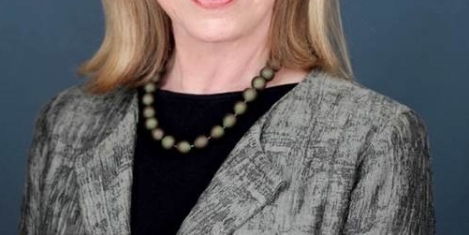July 25, 2023
The office no longer provides ‘separation between life and work’, remote work survey claims
 A new poll from IE University, the WorkAnywhere campaign and Remote claims that office workers are experiencing the highest levels of burnout and lowest levels of happiness and job satisfaction when compared to remote and hybrid workers. The team behind the survey say this indicates that the office environment isn’t the effective separator between life and work that many believe it to be. According to findings from The Global Life-Work Survey, in the past month alone, 41 percent of full-time office workers experienced signs of burnout compared to 26 percent of fully remote workers and 34 percent of hybrid workers. (more…)
A new poll from IE University, the WorkAnywhere campaign and Remote claims that office workers are experiencing the highest levels of burnout and lowest levels of happiness and job satisfaction when compared to remote and hybrid workers. The team behind the survey say this indicates that the office environment isn’t the effective separator between life and work that many believe it to be. According to findings from The Global Life-Work Survey, in the past month alone, 41 percent of full-time office workers experienced signs of burnout compared to 26 percent of fully remote workers and 34 percent of hybrid workers. (more…)


































July 21, 2023
It is possible to balance the positives and negatives of stress at work
by Lisa Gunn • Comment, Wellbeing